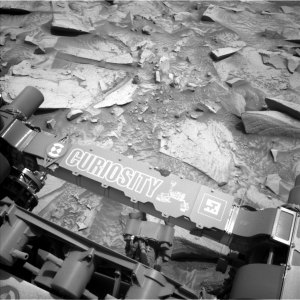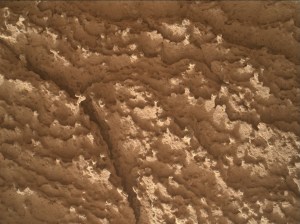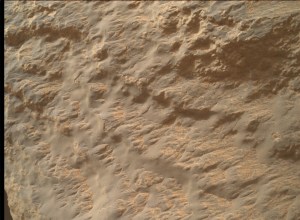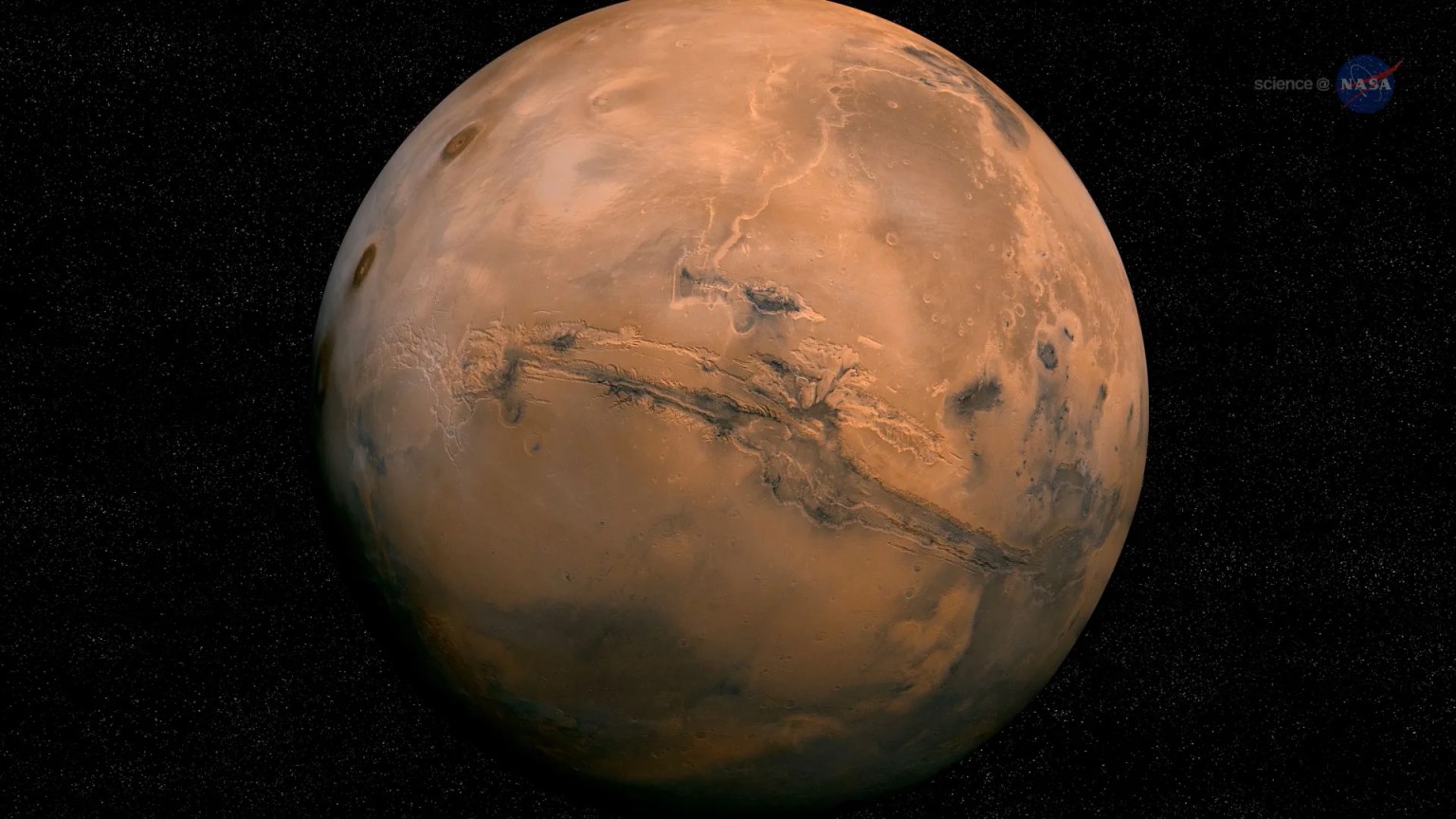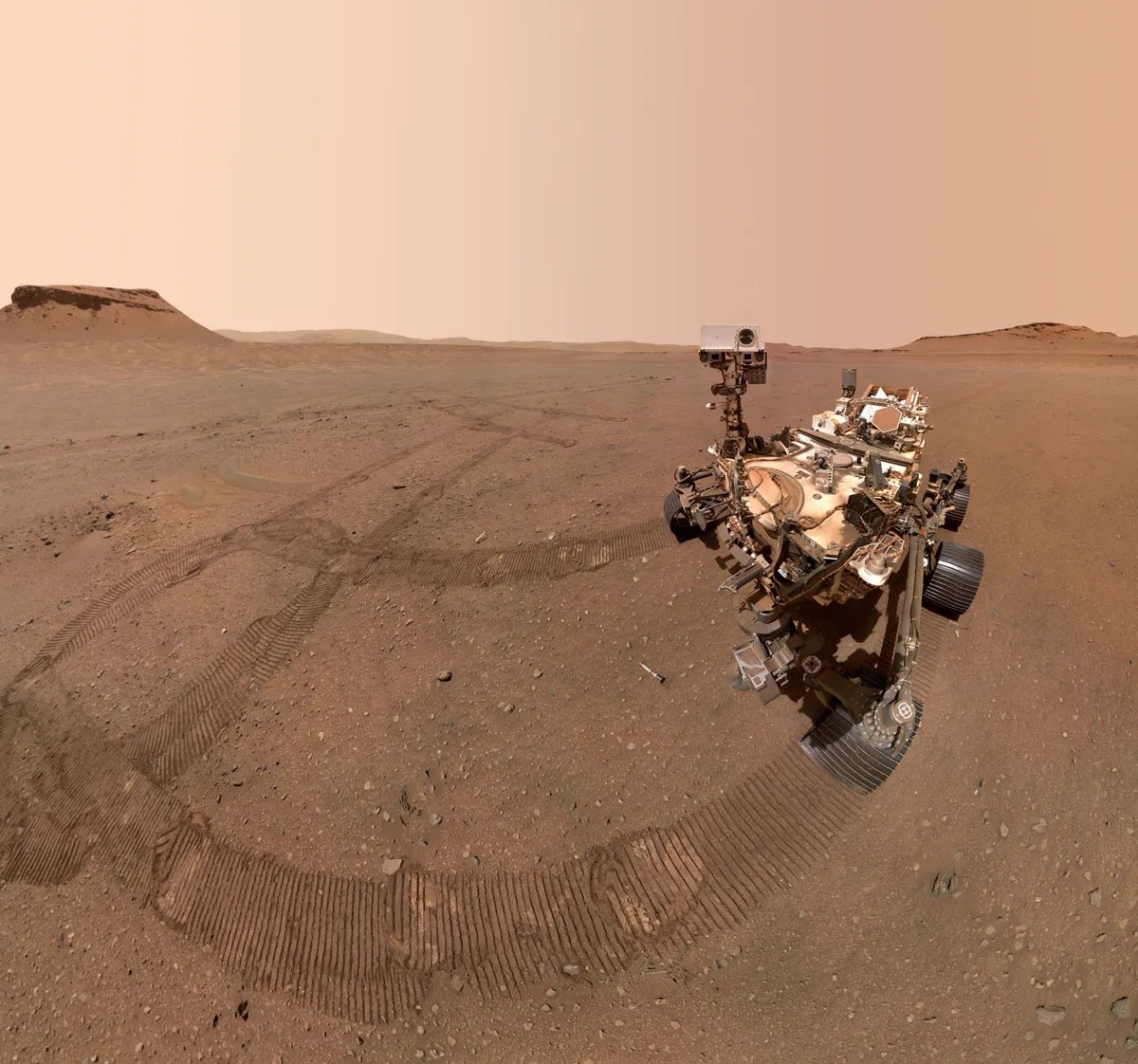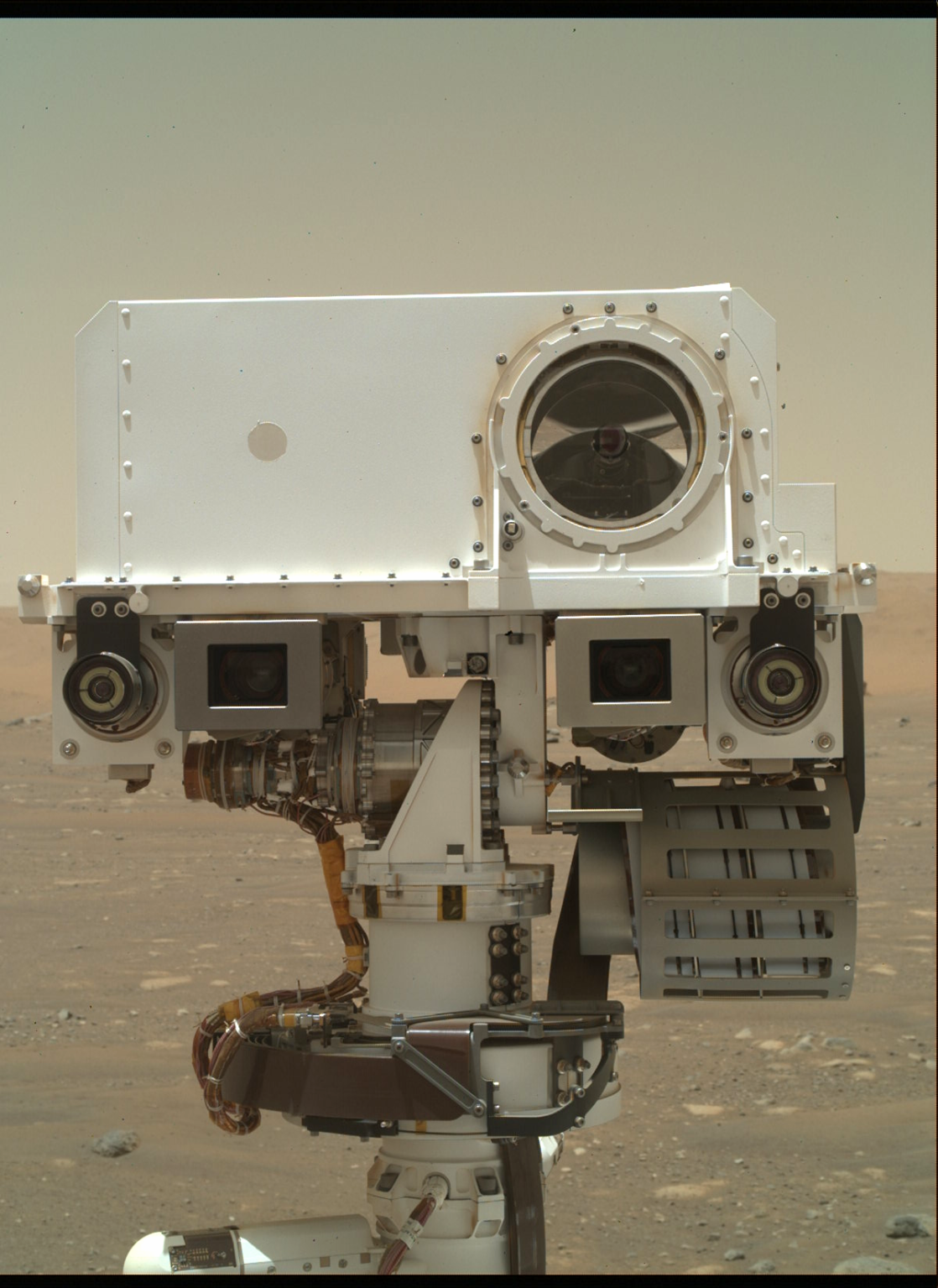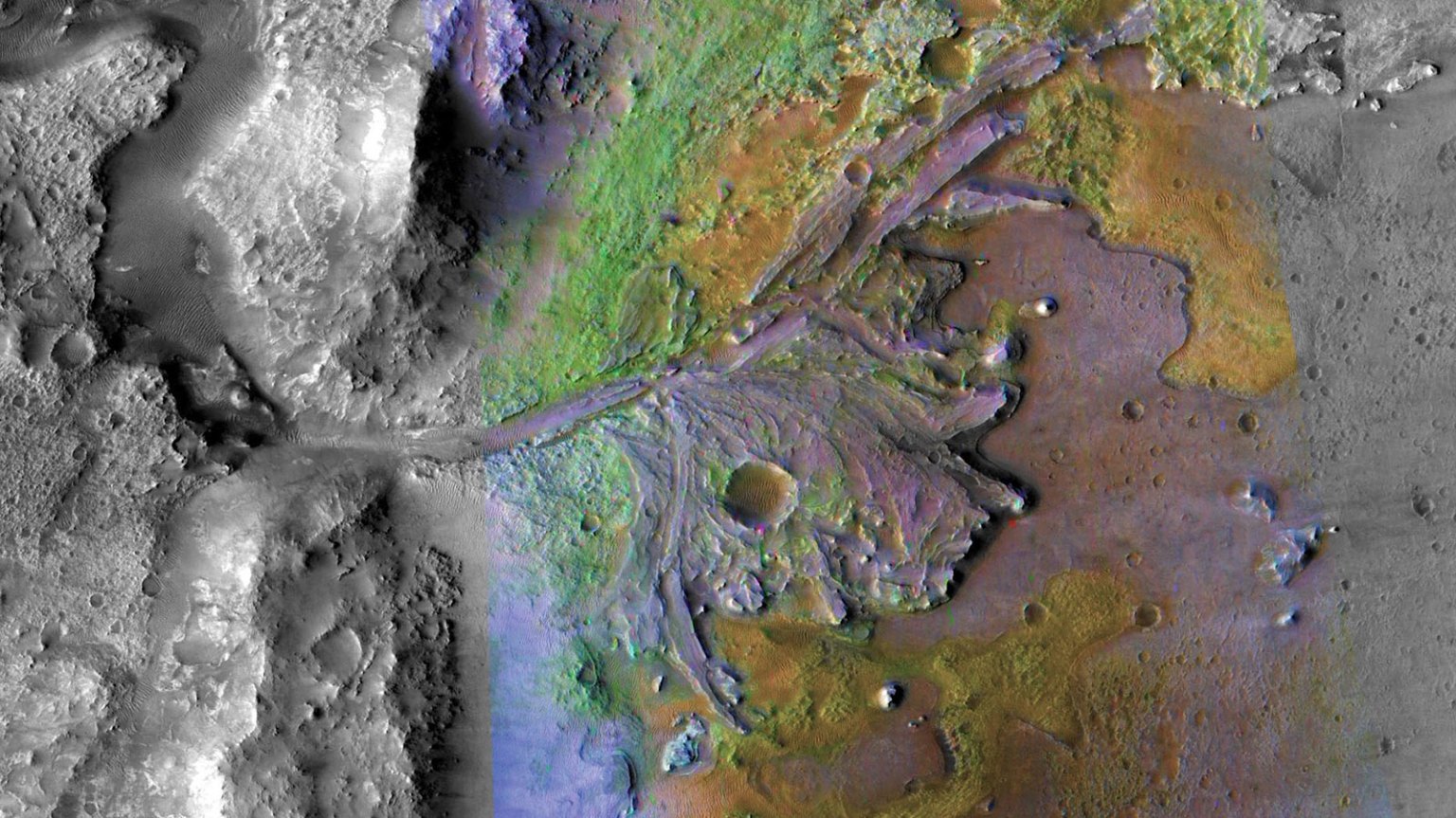
2 min read
Sols 1151-1152: Rocky Roads in the Margin Unit
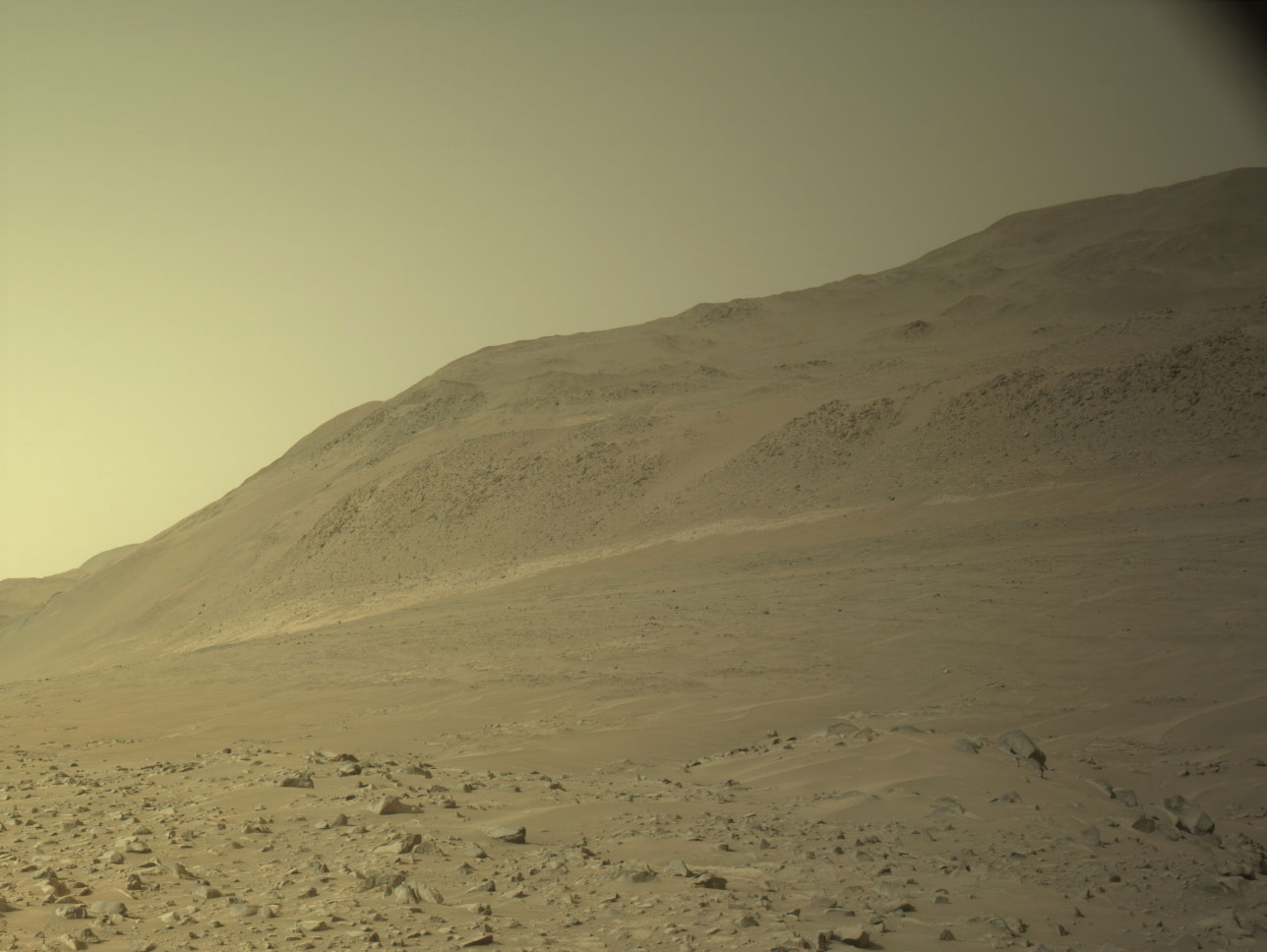
Earth planning date: Wednesday, May 15, 2024
Recently, our intrepid rover has been channeling its namesake while navigating through difficult terrain as we march on through the margin unit. Despite the shorter drives, the team continues to make good progress investigating the rocks around us while scouting our traverse ahead.
On Wednesday, we took advantage of being parked during a routine flight software update to take a closer look at the local rocks with our proximity science instruments. While there was limited outcrop in the vicinity of the rover, the team surveyed some options within reach and selected to abrade a target named “Old Faithful Geyser.” Such abrasion will allow us to look at a fresh and clean rock surface unobscured by dust or rock coatings. Since our last abrasion at the Bunsen Peak workspace almost 1 km to the east, the team has been working hard to understand the potential textural and compositional variability across the margin unit that may give important insight into the geologic history of these rocks. Following abrasion, the team will plan detailed chemical measurements with the PlXL instrument over the weekend.
In addition to our abrasion activities, we planned some remote science observations on nearby rocks with the SuperCam and Mastcam-Z instruments. Mastcam-Z was also used to acquire longer distance imaging looking east down into Neretva Vallis, an ancient river valley carved by water over 3 billion years ago. After wrapping up our investigations of the abrasion patch, Perseverance will head a short distance northwest to a high point named Overlook Mountain. There the team will assess a potential traverse path down into Neretva Vallis to take advantage of more benign terrain and investigate outcrops and boulders within the valley. Such investigations will hopefully reveal important clues about the timing of geologic events in Jezero and the relationship of the margin unit rocks with the surrounding units.
Written by Bradley Garczynski, Postdoctoral Scientist at Western Washington University

